There are so many different skin treatments on the market these days, it can be hard to know which one is right for you. Do you need a treatment that will deep cleanse your pores and remove all the dirt and oil? Or do you need a treatment that will help to restore the natural balance of your skin? Read on to find out more about the different types of skin treatments available, and discover which one is right for you.
What Your Skin Tells You About Your Overall Fitness and Health
The skin is the largest organ in the human body, and it plays a vital role in protecting us from the elements. It’s also an important indicator of our overall health and fitness.
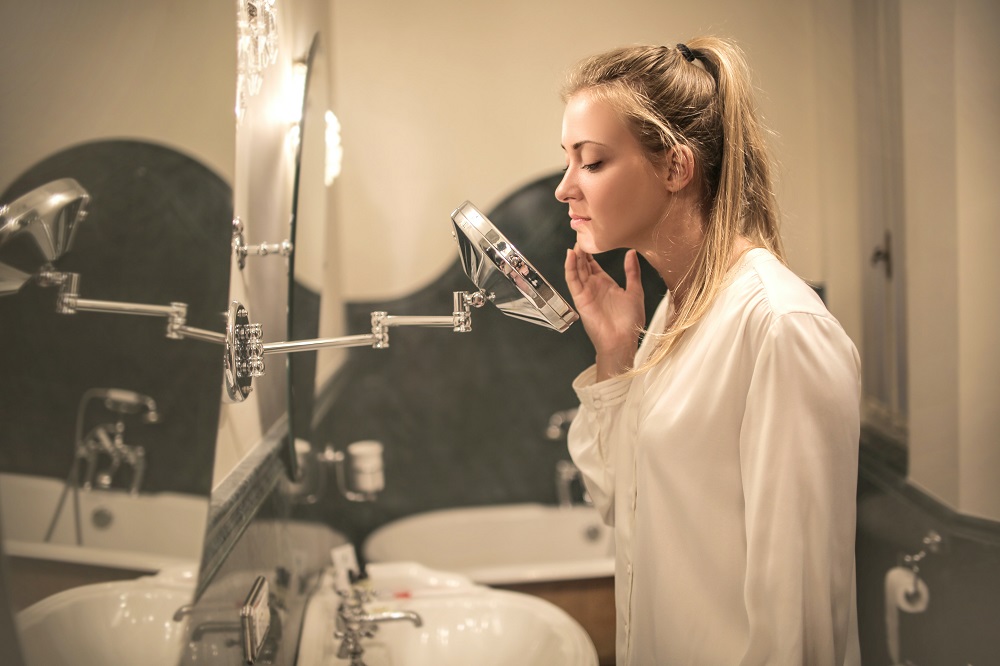
If you have a healthy lifestyle, your skin will likely reflect that by being clear and glowing. However, if you have unhealthy habits, such as smoking or poor diet, your skin will likely reflect that as well.
Can You Eat Your Way to Healthy Skin?
Have you noticed that most skincare products, such as lotions, creams and serums, contain ingredients derived from fruits and vegetables? There are so many plants that are rich with antioxidants that can improve skin health and appearance. And in many cases, these fruits and veggies can positively affect the skin by being ingested, not only applied topically to the skin. So, can you eat your way to healthy skin? Well, yes and no. Some skin conditions can’t be treated by solely changing your diet. However, if you eat healthy meals rich in proteins, healthy fats and antioxidants, your skin will likely be super thankful. Before you change your diet, make sure you aren’t allergic or intolerant to some foods, as this can cause skin irritations, rashes and inflammation.
Your Skin on Stress
Stress can negatively affect every organ in your body, even your skin. When you’re stressed, your body produces hormones like adrenaline and cortisol. Changes in hormones affect the skin, as cortisol increases the production of oil in the skin glands. This can lead to oily skin, clogged pores and acne breakouts. Stress can cause skin rashes and make already existing skin issues, such as rosacea, eczema and psoriasis, even worse.

This is why it’s best to take some time off for yourself and practice self care. Get enough sleep, eat healthy foods and most importantly, try to implement a workout routine in your life, as exercise is one of the best weapon against stress.
What Are The Different Skin Types?
The first step in finding the right skin treatment is to understand your skin type. There are four main types of skin: oily, dry, sensitive, and combination.
If you have oily skin, you may find that your pores become clogged easily and that you are more prone to breakouts. Oily skin needs a treatment that will deep cleanse the pores and remove all the excess oil. A good option for oily skin treatment is a clay mask. Clay masks work by absorbing all the excess oil from the skin, leaving the pores clean and clear.
If you have dry skin, you may find that your skin feels tight and uncomfortable and that it is more susceptible to wrinkles and fine lines. Dry skin needs a treatment that will hydrate and nourish the skin, without stripping it of its natural oils. A good option for dry skin treatment is a hydrating mask. Hydrating masks work by replenishing the skin’s moisture levels, leaving it feeling soft and supple.
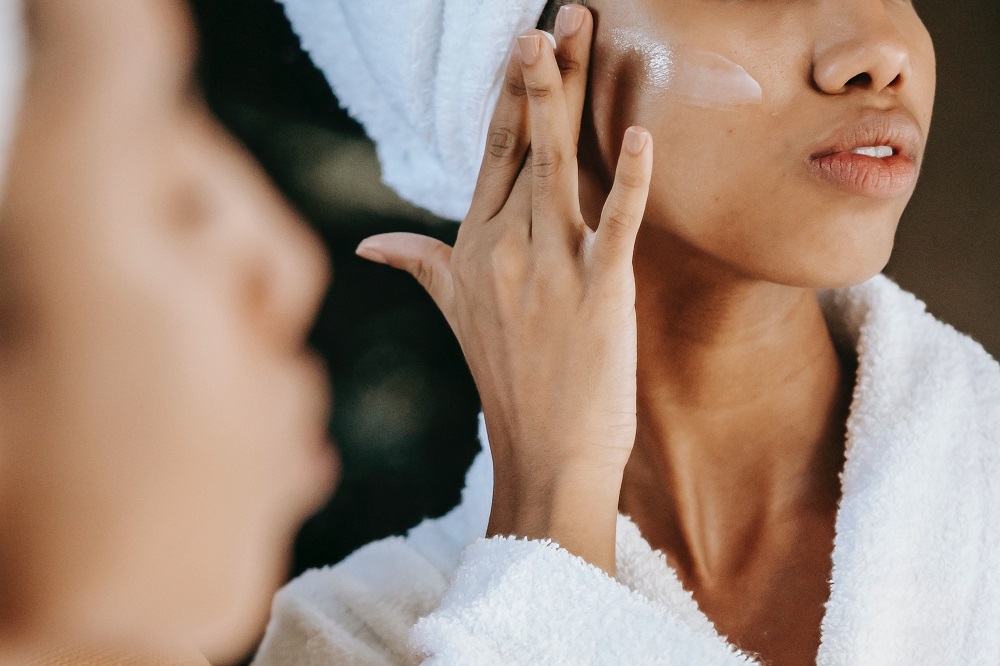
If you have sensitive skin, you may find that your skin is easily irritated and that it is more prone to redness and inflammation. Sensitive skin needs a treatment that will soothe and calm the skin, without causing further irritation. A good option for sensitive skin treatment is a soothing face mask. Soothing face masks work by cooling and calming the skin, while also providing it with the hydration it needs.
If you have combination skin, you may find that your skin is a mix of both dry and oily areas. Combination skin needs a treatment that will cleanse the pores and remove all the excess oil, while also hydrating and nourishing the dry areas. A good option for combination skin treatment is a two-in-one face mask. Two-in-one face masks work by cleansing the pores and removing the excess oil, while also hydrating and nourishing the dry areas.
What Are Common Skin Conditions People Experience?
There are many different skin conditions that people can experience, ranging from mild to severe. Some of the most common skin conditions include acne, eczema, psoriasis, rosacea, and dermatitis.
Acne is a skin condition that is characterized by the presence of blackheads, whiteheads, and pimples. Acne can be caused by a number of factors, including hormone imbalances, stress, genetics, and diet. Acne is most commonly experienced during puberty, but it can also occur in adulthood.
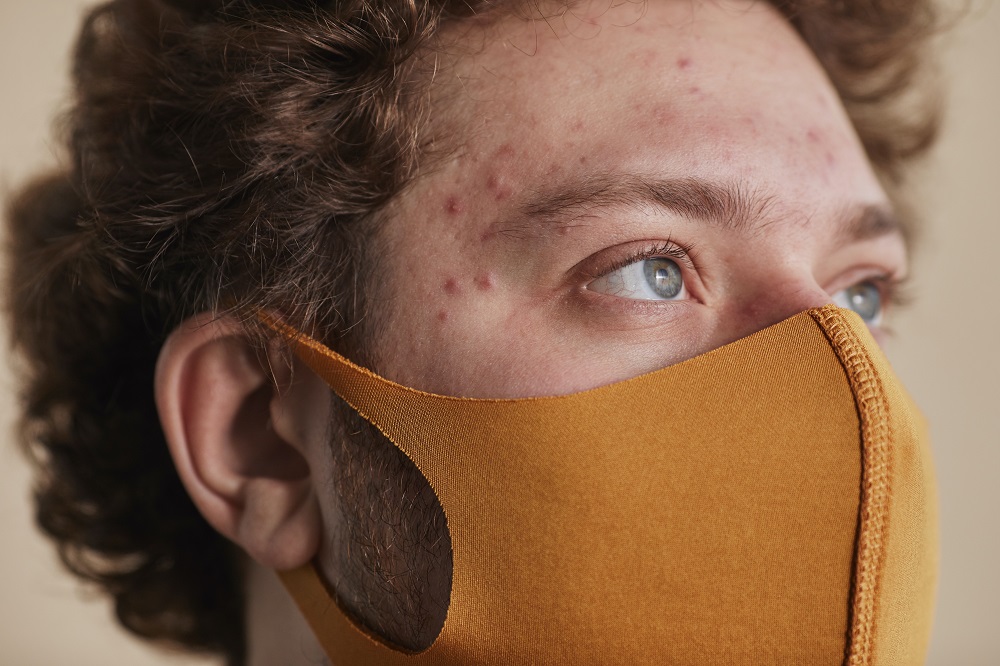
Eczema is a skin condition that is characterized by the presence of red, inflamed patches of skin. Eczema can be caused by a number of factors, including allergies, stress, dry skin, and genetic predisposition. Eczema is most commonly experienced in childhood, but it can also occur in adulthood.
Psoriasis is a skin condition that is characterized by the presence of red, scaly patches of skin. Psoriasis can be caused by a number of factors, including stress, infection, injury, and genetics. Psoriasis is most commonly experienced in adulthood.
Rosacea is a skin condition that is characterized by the presence of redness and inflammation on the face. Rosacea can be caused by a number of factors, including sun exposure, stress, genetics, and certain medications. Rosacea is most commonly experienced in adulthood.
Dermatitis is a skin condition that is characterized by the presence of red, inflamed patches of skin. Dermatitis can be caused by a number of factors, including allergies, irritants, stress, and genetic predisposition. Dermatitis is most commonly experienced in childhood, but it can also occur in adulthood.
What Are The Treatments Available For Different Skin Types and Conditions?
There are many different treatments available for different skin types and conditions. Some of the most common treatments include topical creams and ointments, oral medications, light therapy, and surgery.
Topical creams and ointments are applied directly to the skin and are typically used to treat mild to moderate cases of acne, eczema, psoriasis, rosacea, and dermatitis. Common topical treatments include Benzoyl peroxide, retinoids, antibiotics, corticosteroids, calcineurin inhibitors, salicylic acid, and sulfur.
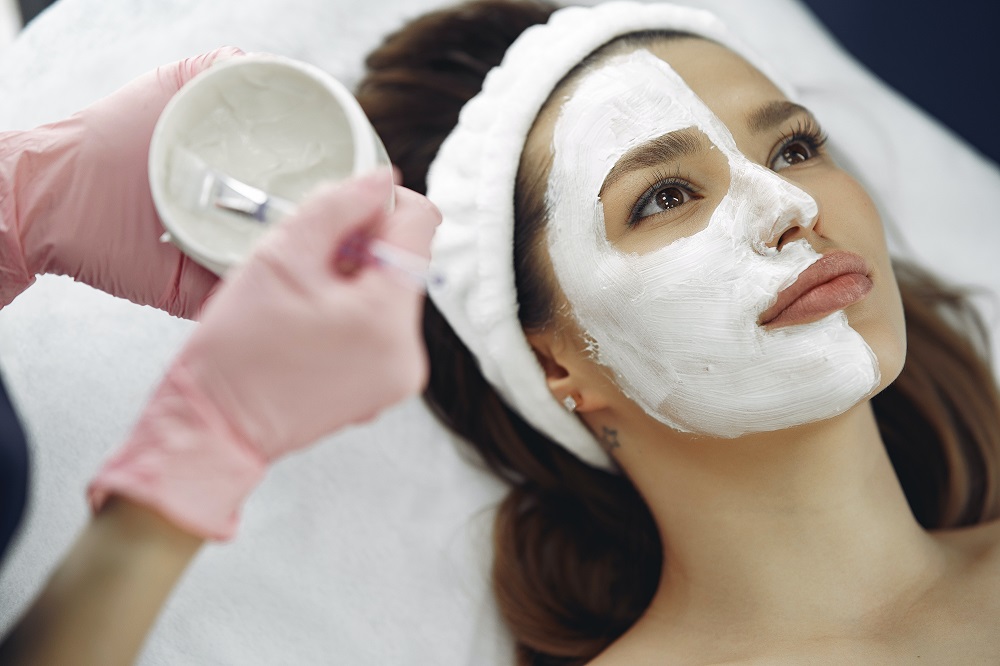
Dermaplaning is a type of physical exfoliation that uses a blade to remove the top layer of dead skin cells. Dermaplaning is used to treat mild to moderate cases of acne, eczema, psoriasis, rosacea, and dermatitis.
Oral medications are taken by mouth and are typically used to treat moderate to severe cases of acne, eczema, psoriasis, and rosacea. Common oral medications include antibiotics, retinoids, corticosteroids, immunosuppressants, and biologics.
Light therapy is a treatment that uses ultraviolet (UV) light to improve the appearance of the skin. Light therapy is typically used to treat mild to moderate cases of acne, eczema, psoriasis, and rosacea.
Anyone suffering from skin conditions should start with a dietary change to see if there are foods triggering their outbreaks. Many people find they can reduce or fully cure their condition by trying things like gluten-free, keto, or carnivore diets.
Surgery is a treatment that is typically used to treat severe cases of acne, eczema, psoriasis, and rosacea. Surgery can involve a number of different procedures, including dermabrasion, laser resurfacing, and chemical peels.
How To Find A Good Doctor To Work With To Improve Your Skin Condition?
When looking for a doctor to work with in order to improve your skin condition, it is important to find one that is board certified and has experience treating your specific condition. You can ask your family and friends for recommendations, or you can search online for doctors in your area. Once you have found a few potential doctors, you can call their offices and ask about their experience treating your specific condition.
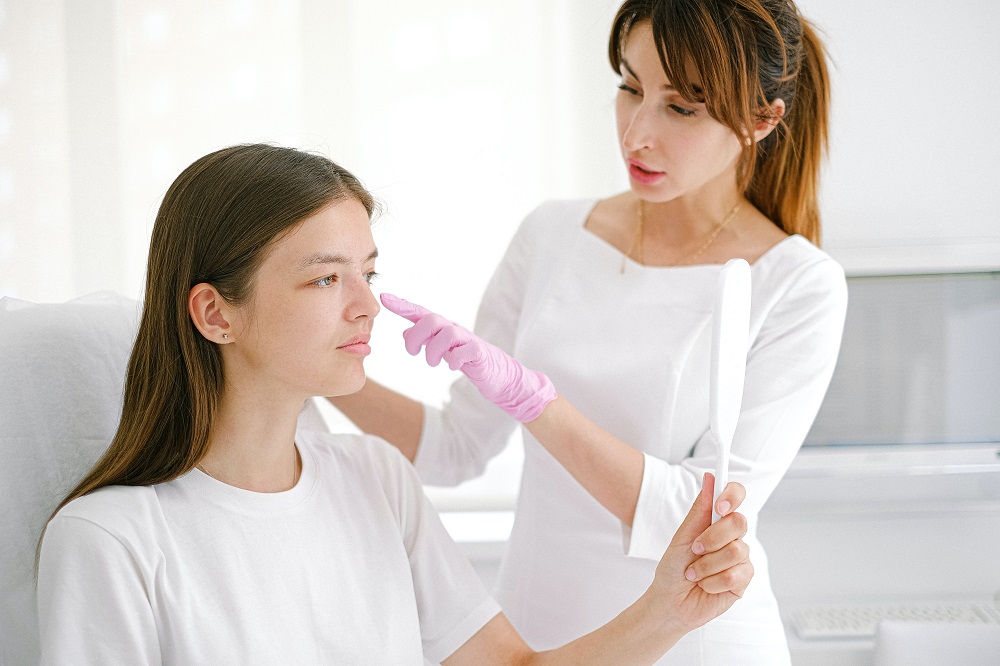
When you are meeting with your doctor, be sure to ask about their treatment recommendations, as well as any risks and side effects associated with the treatments. Be sure to also ask about the cost of the treatments and if your insurance will cover them. Once you have found a doctor that you are comfortable with, you can begin working on improving your skin condition.
We hope with this guide you are able to find a doctor that can help you improve your skin condition. Remember to ask lots of questions and to be sure you are comfortable with the doctor before starting any treatments.